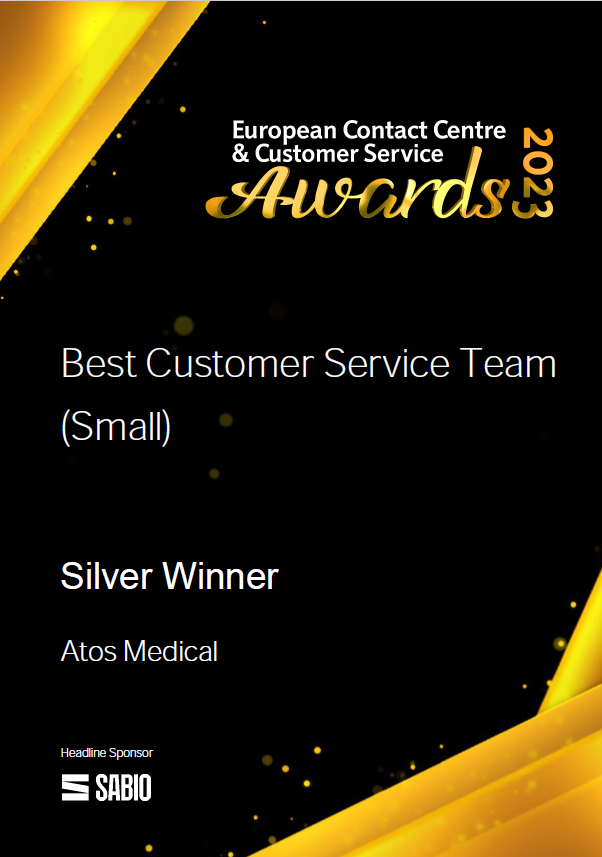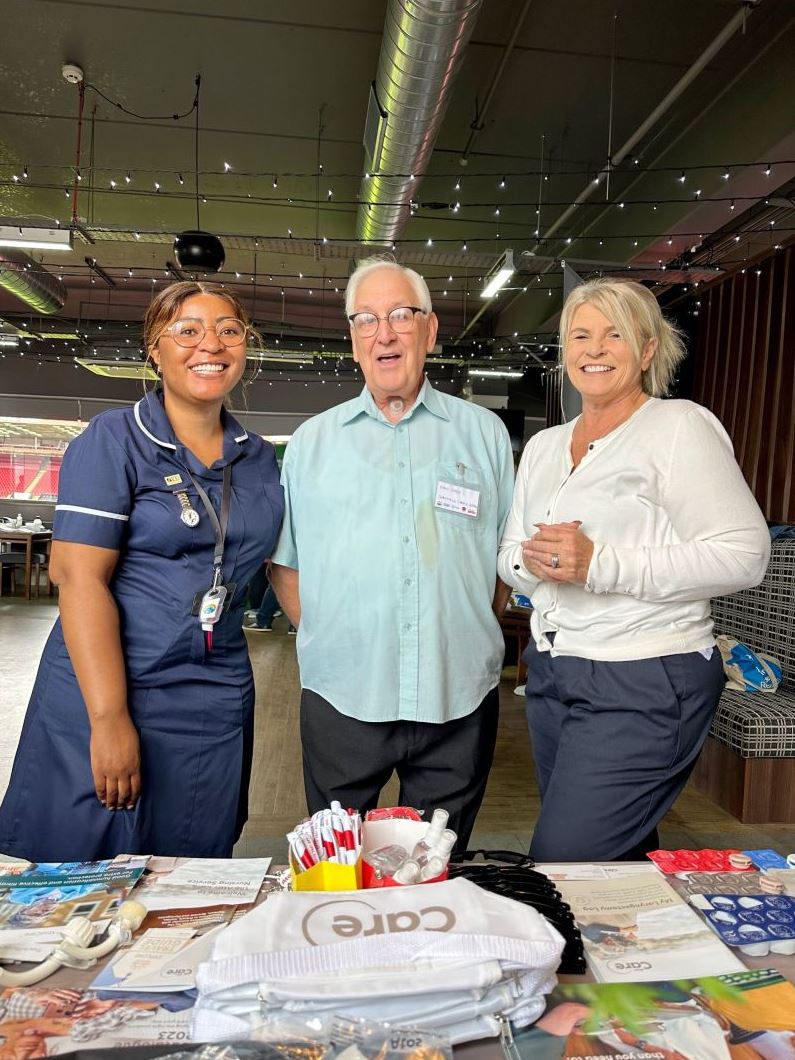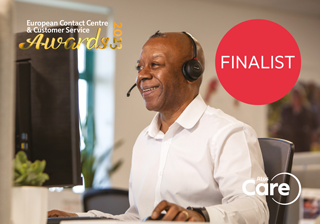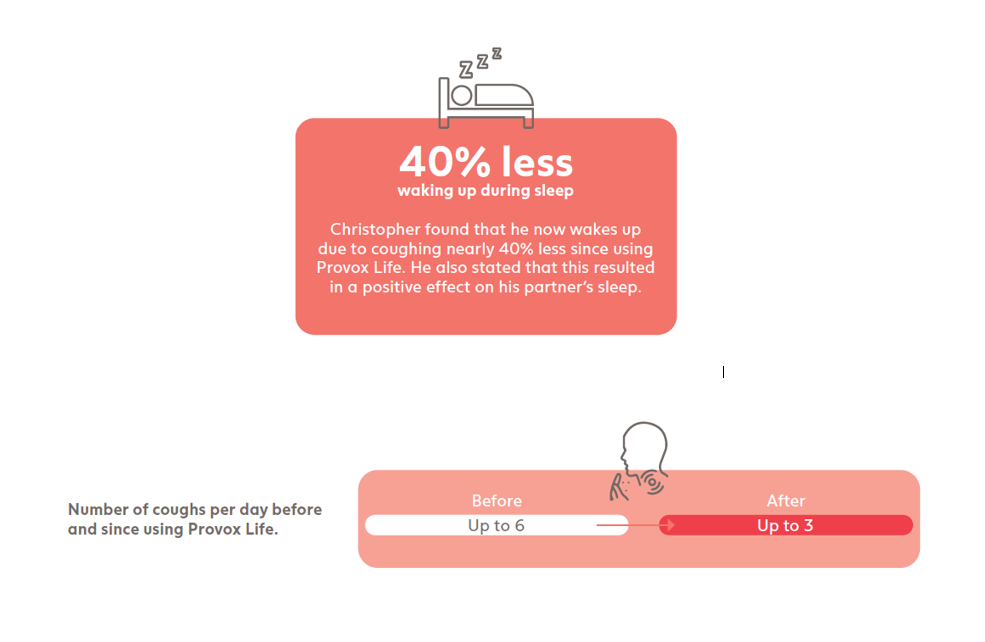
It’s getting warmer, and brighter so we’re sure you’re beginning to think about your holidays whether near or far! We know it can be a little tricky when it comes to planning out your holiday.
We’re going to cover how to prepare, what to do if you’re going abroad and our top tips to support you.
Looking after your lungs in hot weather
Mostly we think of coughing and mucus symptoms being worse in the winter. But hot summer weather can trigger coughing and mucus symptoms for some people too. This may be caused by a few things:
- Breathing in hot air may cause the airways to narrow, leading to coughing and shortness of breath.
- When it’s hot in summer, there are often higher levels of pollutants and pollens in the air.
- On hot days, when the air is exceptionally dry, the mucus in your lungs often becomes thick and sticky.
- The use of air conditioning may cause the air to become drier and colder causing changes in your secretions.
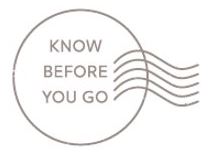
How to care for your lungs in hot weather:
- Drink plenty of water to stay hydrated as this will help keep your mucus thinner
- Wear an HME 24/7 it will help you keep your lungs healthy.
- Choosing an HME with a good humidity such as Provox Life Home or TrachPhone
- Consider bringing a portable nebuliser if you think you may need one
- Keep an eye on your secretions as it may be an indicator of your health
- Suctioning regularly can help keep your tube and airways clear
- Try to select an appropriate HME for your activities. Provox Life Protect or Freevent XtraCare can provide extra protection, such as when at the beach
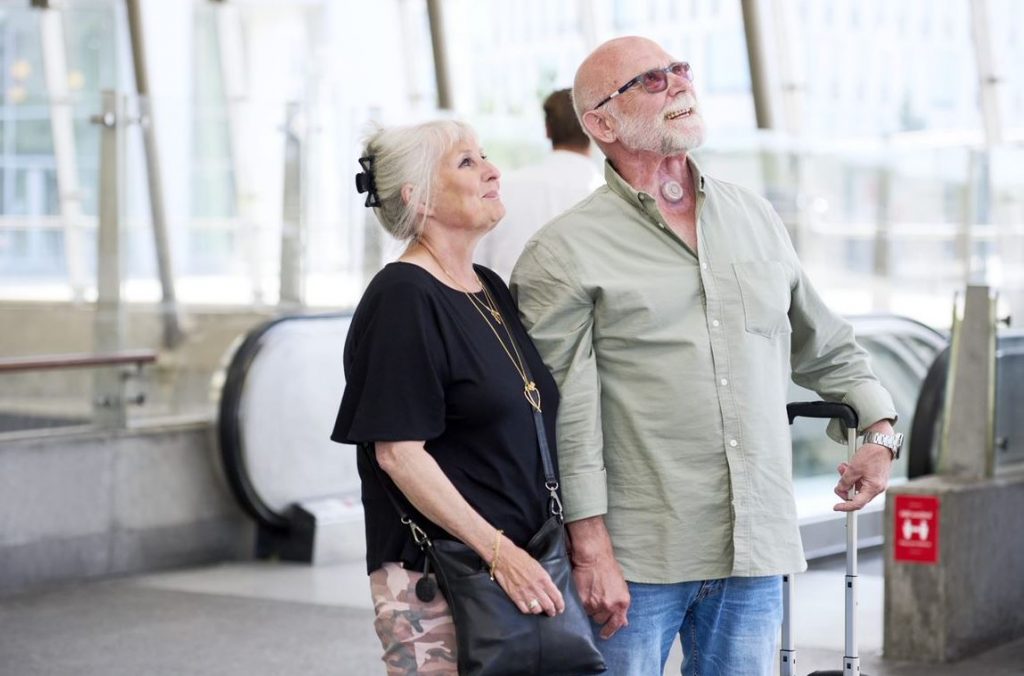
Travelling on public transport
- Think about when you travel. When the bus or train is less crowded, it is easier for staff to provide the help you need and for you to find the seat that you prefer.
- Some people prefer sitting at the front, others near the doors. Remember, there is priority seating available on most public transport.
- Use your Atos Emergency card which you can show to the driver or conductor explaining your particular needs.
- Your right to reasonable adjustments could include providing timetables, fare tariffs or other information in an accessible format. Most operators do this and much more.
- Be aware of where any accessibility toilets are so you can easily change HME, adhesives or dressings, and clean the stoma when you’re away from home.
Tips for preparing to travel
- Travel insurance – you need to make your provider aware of your condition and where you are going
- Travel Letter – From your clinician to show you may need to carry certain medical supplies such as dilators, tweezers, a nebuliser, tubes, special batteries or liquids in hand luggage.
- Plug adaptors – Ensure you have the correct adaptors for the relevant country to support your electricals, e.g your electrolarynx or nebulisers.
- Products – Make sure you have enough supplies to cover the length of your trip, plus having additional items as spares.
- Check ahead – It can be helpful to check with your hotel or apartment about the accessibility and that it has the necessary facilities for your needs.
- Atos Care travel guide – Download our easy guide which covers the key supplies you may need to take with you as well as helpful phrases for foreign countries.
- Extra Protection – You also might want to think about using Provox Life Protect HME or Freevent XtraCare for added protection when in a closed and crowded environment.



